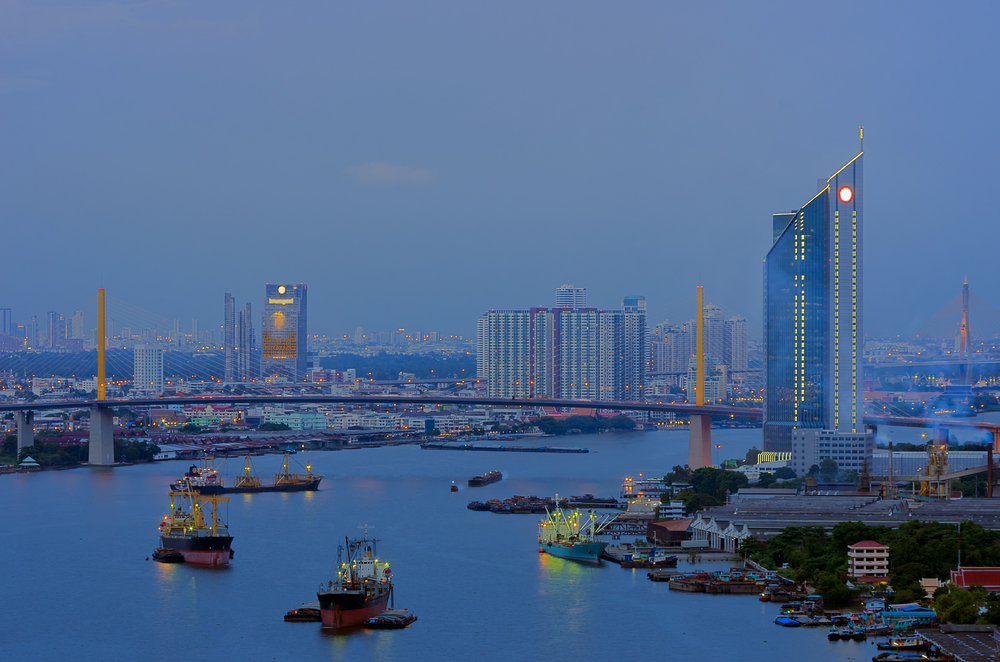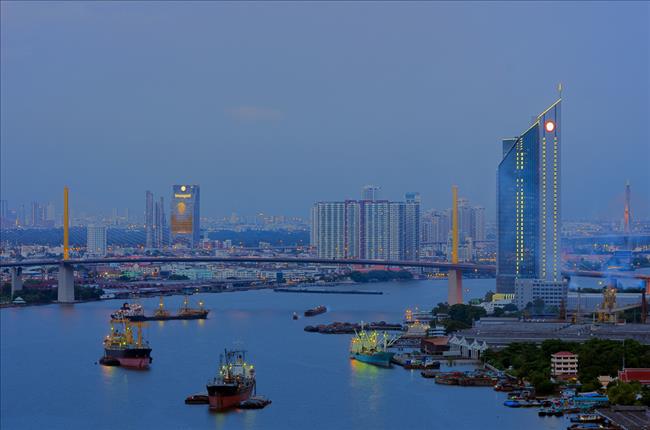Thai Government Support for Overseas Investors


- Ease of carrying out business
- Rise in popularity of property market
The Thai government has rolled out a host of enticing measures over the last several years in the interest of drawing foreign investments
– an important ingredient for any country to bolster their economy. We take a look at some of them below:
For the most part, Thailand has embraced the importance of maintaining an open and market-oriented economy, encouraging foreign investments as a means of strengthening economic development, employment as well as technology transfer. The country has a relatively open-door policy that is bolstered by its hospitable and receptive culture. The government has furthered this sentiment with the introduction of the Investment Promotion Act to encourage numerous tax reductions as well as permits to own land in the country, bring in business professionals and skilled workers.
Business concessions
The second-largest economy in Southeast Asia poses enticing opportunities for businesses to expand to their shores, with all businesses registered in the country governed by the The Foreign Business Act of 1999.
One example of how the government is promoting overseas businesses to operate in the country was seen earlier this year, when the National Council for Peace and Order (NCPO) amended the laws to streamline processes for foreign companies doing business in Thailand.
The amended law states that companies will no longer be required to submit work rules to the department. It will also no longer be a requirement for employers to amend noncompliant sections of their work rules at the department’s request. This will save considerable time spent on the whole startup process.
According to Suriyon Thunkijjanukij, director of competitiveness development at the National Economic and Social Development Board, the country has already seen advancements in terms of business processes, with starting a business taking about 25.5 days this year, down from 27.5 days last year. It plans to dramatically reduce this figure to 2-5 days by next year.
Property market gaining traction
Overseas investments have also flowed through the country in the property sector, with Thai condominiums seeing year-on-year growth in terms of rental yields. The laws regarding property ownership in Thailand currently allow non-residents to own property, but not land.
The government has made property accrual by foreigners more accessible with its relatively conducive regulations in regards to real estate – in comparison to neighbouring countries - with one of the most notable restrictions being that only 49% of all units in a development permissible to be owned by foreigners. The country imposes no property tax with taxes only imposed on rental property that also counts as income tax.
It is clear that the Thai government understands the significance of overseas funds pouring into the nation to sustain the growing economy. The fact that the country has already cemented itself as a tourist hub will only assist officials to further attract investments through the volumes of foot traffic that experience its opportunities and culture first hand. They have already begun to do so with impressive infrastructure and advancements in facilities such as medical care, factors that are extremely pertinent to this cause.
